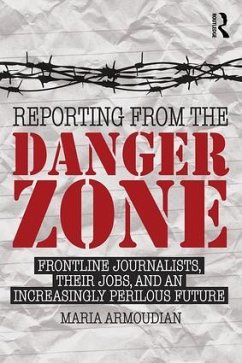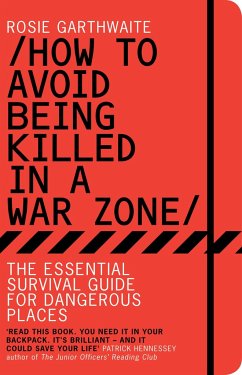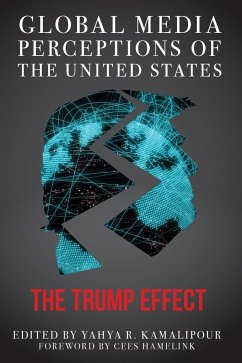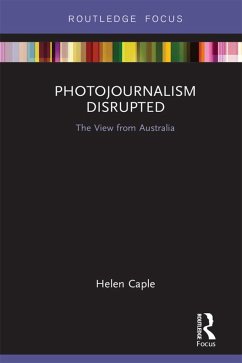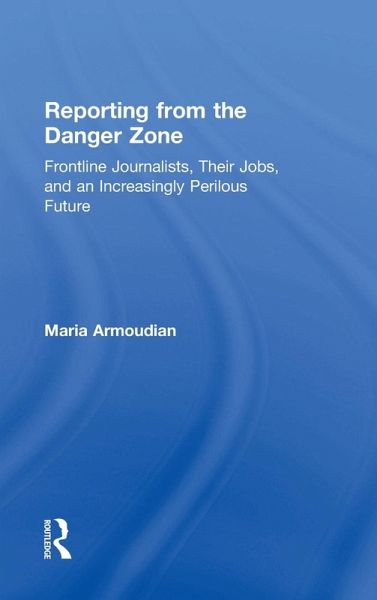
Reporting from the Danger Zone
Frontline Journalists, Their Jobs, and an Increasingly Perilous Future
Versandkostenfrei!
Versandfertig in 1-2 Wochen
189,99 €
inkl. MwSt.
Weitere Ausgaben:

PAYBACK Punkte
95 °P sammeln!
Journalism is a dangerous business when one's "beat" is a warzone, a corrupt regime, or organized crime. In Reporting from the Danger Zone, Maria Armoudian reveals the complications facing frontline journalists who cover these hot spots, including how they find, access and deliver their stories while keeping themselves safe from harm. Although conflict journalism has always been fraught with danger, today's reporters face even more perilous conditions while also contending with shrinking journalism budgets, news outlets' greater reliance on freelancers, tracking technologies and increasingly h...
Journalism is a dangerous business when one's "beat" is a warzone, a corrupt regime, or organized crime. In Reporting from the Danger Zone, Maria Armoudian reveals the complications facing frontline journalists who cover these hot spots, including how they find, access and deliver their stories while keeping themselves safe from harm. Although conflict journalism has always been fraught with danger, today's reporters face even more perilous conditions while also contending with shrinking journalism budgets, news outlets' greater reliance on freelancers, tracking technologies and increasingly hostile terrain. Armoudian also contrasts the difficulties of foreign correspondents who navigate alien sources, languages and land, with domestically-situated correspondents who witness their own homelands being torn apart. Armoudian documents journalists' thoughts, emotions, and strategies in their own words. Their dramatic and compelling journeys reveal the fortitudes and frailties of humanity as well as the dynamics and struggles of the information wars, revealing factors that determine the information we do, and do not, receive from danger zones.




